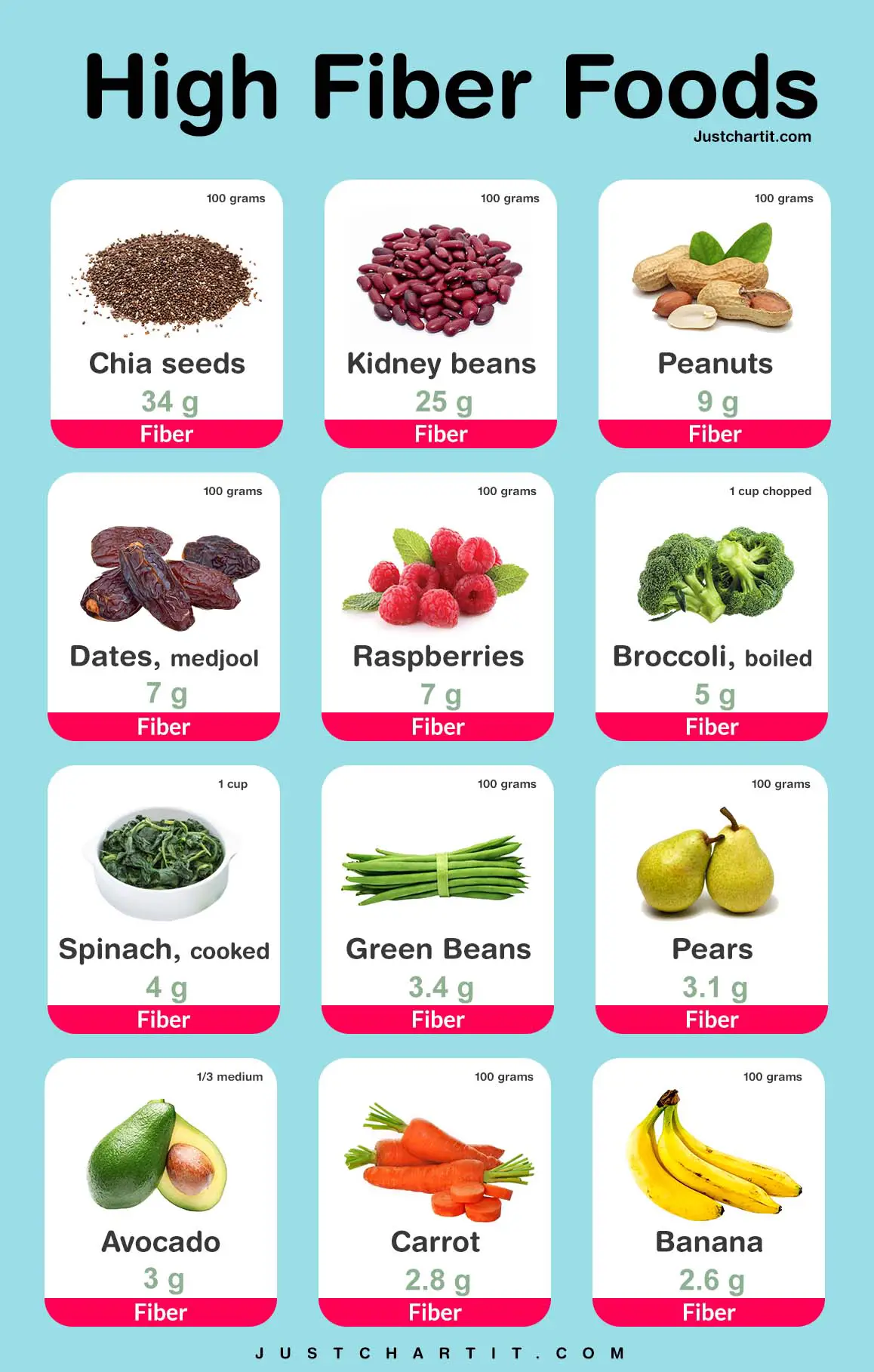Top 10 Fibre-Rich Food High-Fiber Foods for a Healthy Diet
The top 10 fiber foods are a vital component of a balanced diet, playing a crucial role in promoting gut health, aiding in weight management, top 10 fiber foods for constipation, and preventing constipation. The Academy of Nutrition and Dietetics recommends a daily intake of 14 grams of fiber per 1,000 calories. Unfortunately, a large percentage of Americans fall short of this target, with an average daily fiber intake of only 16.2 grams.
Boosting your fiber intake is a simple yet effective way to enhance your overall well-being. Here are the top 10 fiber-rich foods that can easily be incorporated into your diet:
1. Beans
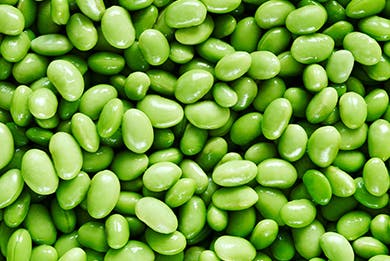
Adding lentils, pulses, and various beans to salads, soups, and stews is a convenient way to increase fiber intake. Edamame, a cooked soybean, is an excellent source of fiber, providing around 9 grams per serving. Beans also offer plant-based protein and are rich in essential nutrients such as zinc, copper, manganese, selenium, and various vitamins.
2. Broccoli

Known as the “fiber veggie,” broccoli is a cruciferous vegetable that not only provides fiber but also a range of other nutrients. One cup of broccoli contains approximately 5 grams of fiber, promoting a healthy balance of gut bacteria.
3. Berries

Berries are not only packed with antioxidants but are also high in fiber. A cup of fresh berries offers 4 to 5 grams of fiber, contributing to their nutrient-dense profile. Strawberries, blackberries, and raspberries are not only low in calories but also rich in essential vitamins and minerals.
4. Avocados
 A versatile addition to various dishes, avocados contain approximately 10 grams of fiber per cup, along with beneficial fats. They are also a good source of carotenoids, monounsaturated fats, potassium, and other nutrients associated with a reduced risk of chronic diseases.
A versatile addition to various dishes, avocados contain approximately 10 grams of fiber per cup, along with beneficial fats. They are also a good source of carotenoids, monounsaturated fats, potassium, and other nutrients associated with a reduced risk of chronic diseases.
5. Popcorn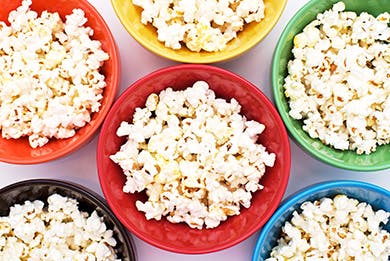 When consumed without excessive butter, popcorn is a whole grain that provides 1 gram of fiber per cup. It serves as a satisfying and healthy snack option, but preparation methods play a crucial role in its overall healthiness.
When consumed without excessive butter, popcorn is a whole grain that provides 1 gram of fiber per cup. It serves as a satisfying and healthy snack option, but preparation methods play a crucial role in its overall healthiness.
6. Whole Grains
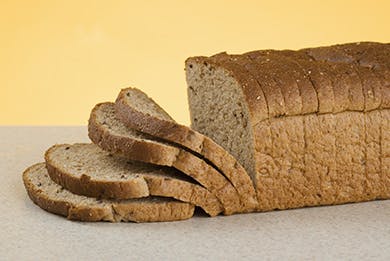
Incorporating real whole grains like brown rice, oats, whole wheat pasta, and 100% whole wheat bread into your diet ensures a good fiber intake. Whole grains offer a comprehensive package of nutrients, including antioxidants, phytochemicals, B vitamins, iron, copper, zinc, and magnesium.
7. Apples
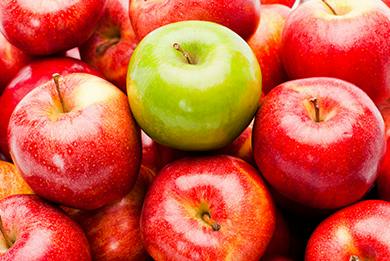
The famous saying “an apple a day keeps the doctor away” holds weight, as apples are rich in fiber, with one apple providing around 4 grams. Apples also contain quercetin and pectin, contributing to their anti-inflammatory and cholesterol-lowering properties.
8. Dried Fruits
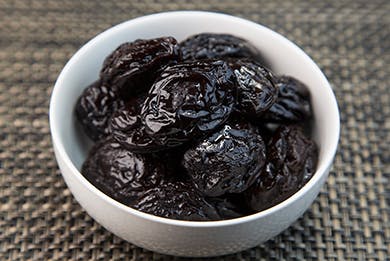

Dried fruits like figs, prunes, and dates are excellent sources of fiber, especially beneficial for those experiencing occasional constipation. It’s essential to consume dried fruits in moderation to avoid potential digestive issues.
9. Potatoes

Potatoes, especially with the skin, offer about 3 grams of fiber per small potato. Despite their bad reputation when fried, potatoes can be a nutritious choice when prepared in healthier ways, such as boiling or roasting.
10. Nuts  Nuts like sunflower seeds and almonds provide over 3 grams of fiber per serving, making them not only rich in protein and healthy fats but also valuable contributors to daily fiber requirements. Opt for raw or dry-roasted nuts to maximize their nutritional benefits.
Nuts like sunflower seeds and almonds provide over 3 grams of fiber per serving, making them not only rich in protein and healthy fats but also valuable contributors to daily fiber requirements. Opt for raw or dry-roasted nuts to maximize their nutritional benefits.
Incorporating these high-fiber foods into your diet can contribute to better overall health, supporting digestion, weight management, and disease prevention. Remember to maintain a balanced and varied diet for optimal well-being.
